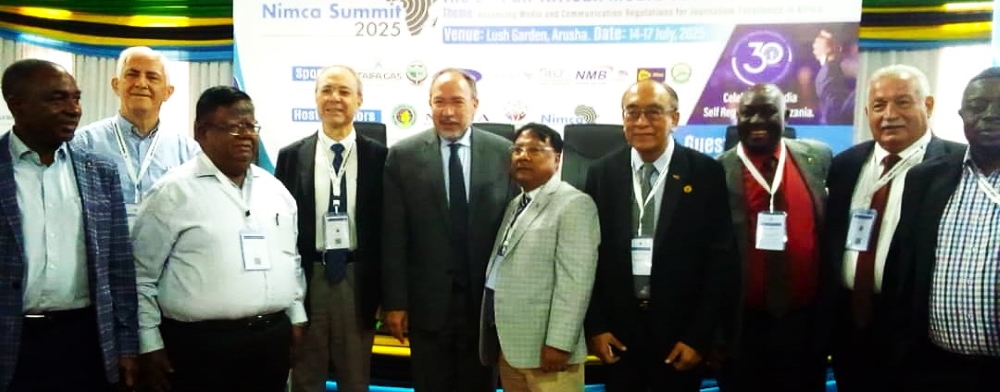Artificial Intelligence, while sometimes helpful, is seriously starting to mislead the masses in Tanzania and East Africa in general, including cooking false reports and placing them online where most local media outlets gullibly rush to lap them up.
That was among the concerns arising from the second Pan-African Media Summit, taking place at the Lush Gardens Hotel in Arusha, Northern Tanzania.
Speaking during the opening session, the Assistant Director-General for Communication and Information at the United Nations Educational, Scientific and Cultural Organization (UNESCO) Dr Tawfik Jelassi, pointed out that the amount of the contents being churned out through AI is staggeringly high.
“We must contemplate on how to address and deal with Artificial Intelligence (AI) issues on productivity but also on fact checking,” said Dr Jelassi, adding that, at UNESCO they have special system and operating guidelines to analyse digital platforms.
Dr Jelassi added that governments in Africa should form special systems to regulate digital media outlets, especially those dealing with content creation.
For other participants, filtering through the computer-generated news, photos, videos and convincing audio clips can be a daunting task, but media outlets need to take caution and try their best to deal with what crops up on the internet and social media platforms.

Network of Independent Media Councils in Africa (NIMCA) summit 2025 which is organized in association with the Media Council of Tanzania (MCT) runs under the theme of ‘Advancing Media and Communication Regulation for Journalist Excellence in Africa.
Tanzanian Vice President, Dr Philip Mpango was to grace the Pan-African NIMCA Media Summit in Arusha.
Ernest Sungura, the Executive Secretary of the Media Council in Tanzania, said it was high time special bodies are formed across the continent to address the issues of Artificial Intelligence (AI) and their effect on journalism and information.
On his part, Rodney Thadeus, the Acting Director of Information Service in Tanzania, insisted the importance of journalists and other media practitioners to move into the next stage of mastering Artificial Intelligence (AI) knowledge as this is what determines the future.
“They also need to be in position to identify and filter out false information being presented through artificial intelligence, because much of it usually seem so genuine and convincing but picking them up without cross-checking will land media outlets in trouble,” said Thadeus.
On the other hand, the Chairperson of Tanzania’s Editors Forum (TEF), Deodatus Balile added that, digital development and advancement are things that cannot be avoided and the only thing left is for media outlets to adopt seamlessly and try to make use of them positively.

